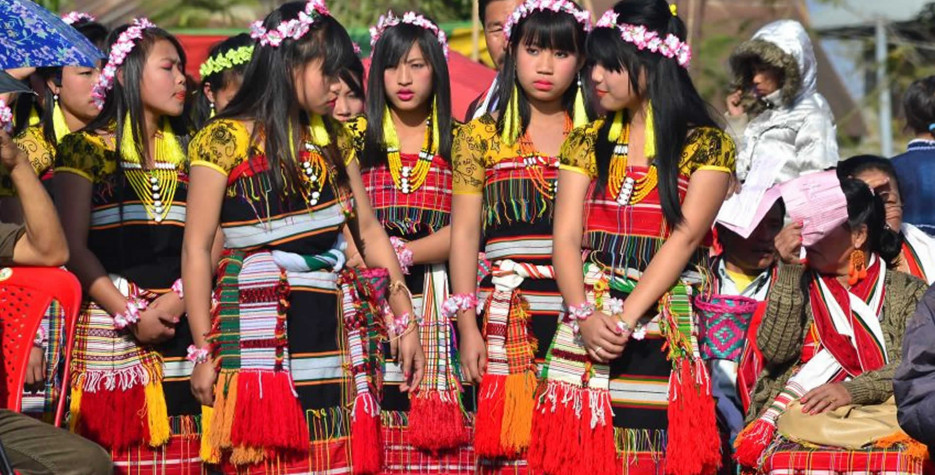When is Gann Ngai?
Gann Ngai is a regional public holiday in the northeastern Indian state of Manipur on the 13th day of the month of Wakching in the Manipuri calendar. It falls in either December or January in the western calendar.
It is also known as Chakaan Gaan Ngai and is the biggest festival of Zeliangrong community.
Traditions of Gann Ngai
Gann Ngai takes place after the end of the harvest season. Gaan-Ngai literally means the festival of winter season. Gaan or Ganh means winter or dry season and Ngai means festival.
The Zeliangrong people, comprising the Zemei, Liangmei and the Rongmei tribes, are one of the major indigenous communities living in Manipur. They also have sizable populations in the neighbouring states of Assam and Nagaland.
Celebrated over five or seven days, the Gaan-Ngai festival consists of series of rites and rituals. The most significant part of the festival is the worshipping of "Tingkao Ragwang", which is the Supreme God. During this festival they thank the god for a good year and pray for a better and happy new year.
This is a festival during which those who died in the previous year are given a ritual farewell or departure; their graves are beautified; dances are performed and a feast is held in honour of the dead, which is why this festival is sometimes known as the festival of the dead and the living
At the beginning of this festival the head of the village creates a 'new fire' by rubbing bamboo cord with bamboo gauze placed under a piece of dry wood. This flame is then distributed to all the households in the village to light their fireplaces. This custom symbolises new and fresh life. This traditional method of making fire is called "Mhai Lapmei", meaning extraction of the sacred fire.
The festival was declared a Restricted Holiday in Manipur in 1976 and became a public holiday on January 10th 1998, by the then Chief Minister of Manipur Wahengbam Nipamacha Singh.


